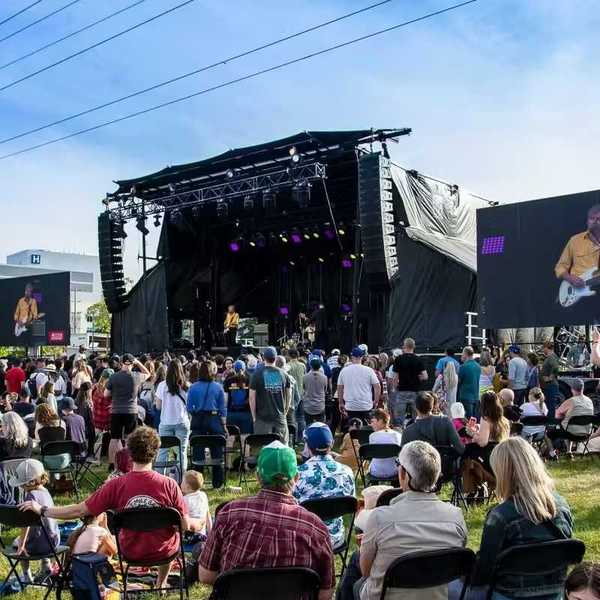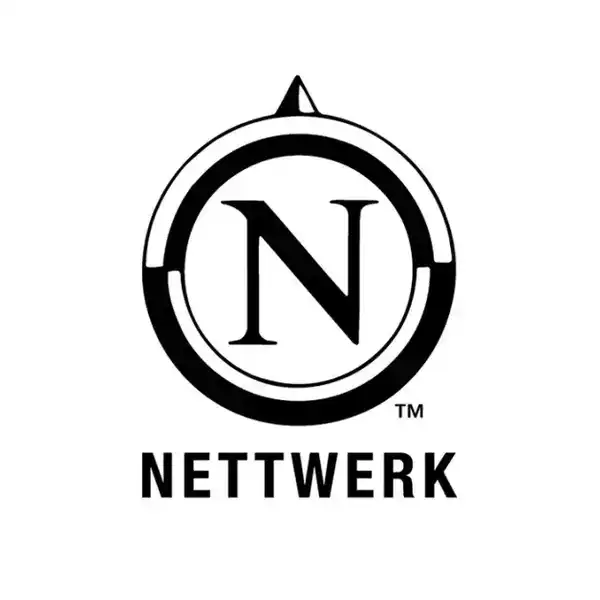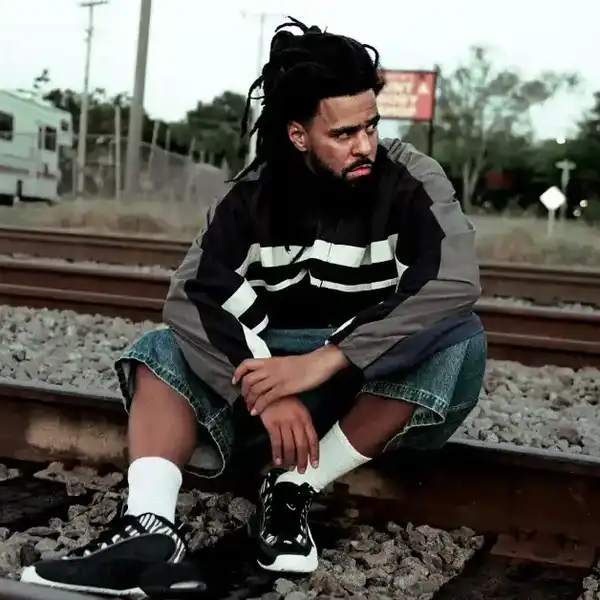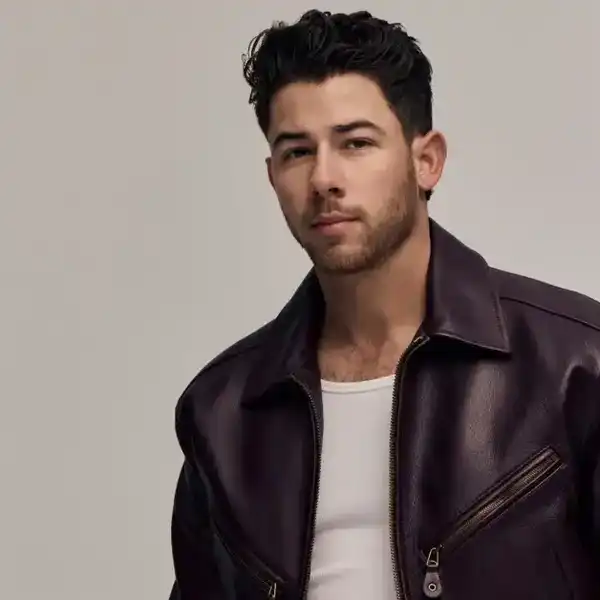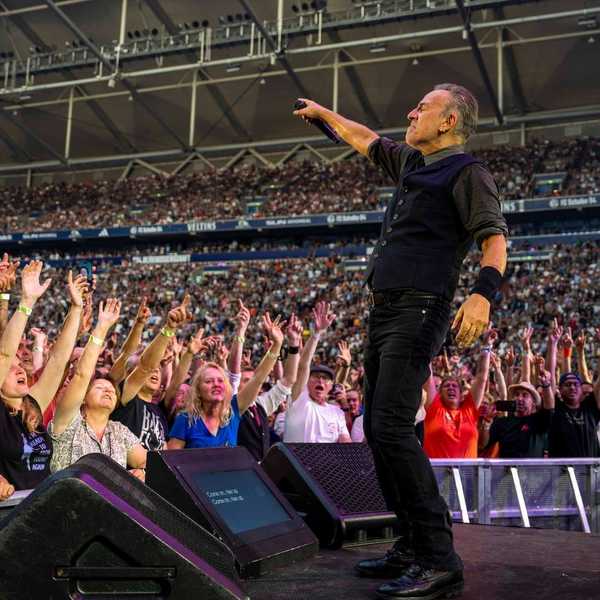Media Beat, June 15, 2023
Wasn’t that a party!!!!!
The launch of Radiodays North America at Toronto’s Westin Harbour Castle Hotel was a resounding success.

By Doug Thompson
Wasn’t that a party!!!!!
The launch of Radiodays North America at Toronto’s Westin Harbour Castle Hotel was a resounding success.
Radiodays North America is the new partnership between Canadian Music Week and Radiodays Europe, ‘considered the pre-eminent broadcast gathering in the world’.
The first RDNA was two fabulous days filled with information, more information, lively discussion, a bit of fun and maybe just a small taste of impending doom.
For each session, there were several options, but since this was a radio conference, I attended as many radio-oriented ones as possible. Quite a few of the sessions I attended were standing-room only, which was gratifying to see.
A QUICK OVERVIEW
There were more than a dozen radio-specific sessions, five on podcasting, two BBC presentations, three sessions on developing and nurturing talent as well as diversity in talent, several on radio branding, two keynote interviews, a panel on women in radio (the path forward), a couple of lively discussions on creativity and the future of radio (in cars or otherwise), with of course, the spectre of Artificial Intelligence omnipresent.
The opening keynote session ‘How Digital Transformation is Changing the Game’ had Broadcast Dialogue editor/host Connie Thiessen in a Q&A with Futuri CEO Daniel Anstandig, who posed the question: “What would radio look like if it had been invented after the internet? The current use and potential for A.I. was a major theme. Anstandig mentioned the ability to create alternate language broadcasts in real-time.
Fred Jacobs, President of U.S.-based Jacobs Media moderated a panel on ‘Radio’s Future in Cars’. Several statistics were important to note (although these are U.S. stats): In a survey of new car buyers, the number one item (76%) wanted was Bluetooth capability. FM radio was second on the list with AM radio coming in 6th. The panel also noted that by 2028, 90% of cars will have voice-assist capabilities. Fred also playfully suggested that we should all play a drinking game throughout the two-day conference, having a drink every time A.I. was mentioned.
Not sure how many followed through with this suggestion.
Aled Haydn Jones, Head of BBC Radio One talked about ‘Keeping Radio Relevant for Gen Z’. One of the ways is by engaging listeners day in and day out by having them actively involved with zany station promotions such as keeping Radio One’s morning presenter off the air until he could solve a giant jigsaw puzzle. The various pieces were hidden in plain view across Great Britain. Listeners had to find them and physically get him the pieces so he could solve the puzzle and get back on air. Radio One also held a live ‘Murder Mystery’ with all their on-air hosts together and one by one, throughout the day, they would be killed off by one of their own. At the end of the day, nobody really died (but you already knew that).
After the session, I asked Aled if Radio One was using Artificial Intelligence voices on air. As quickly as he could say ‘no, we are not’, another BBC-er jumped in with “But we could have the morning presenter broadcast his show simultaneously in Welsh via A.I.”
Oh, and just in case you’re wondering if Aled Jones, the former British pop superstar, is the BBC’s Radio One head honcho Aled Jones all grown up…he isn’t.
I asked.
Steve Jones, Senior V.P./Brands & Content for Stingray Radio along with iHeartMedia Chicago’s Senior V.P. of Programming James Howard held a session that revealed how radio could (and should) emulate the branding strategies of major corporations such as WestJet, who’ve delivered Christmas presents to distressed and impoverished communities around the world.
Or Tim Hortons, who when promoting its products or special features (such as ‘roll up the rim’) in their advertising, fall short, yet when they appeal to people’s emotions in their radio and television ads, they win big time. We’ve all seen and heard that ' tug at the heart strings’ Tim Horton’s ads. They work!
How advertisers and radio stations make people feel is crucial to success. You have to be there for your audience, or they won’t be there for you. Stand for something over and above your format. Branding is also more relatable when it comes from actual listeners and not some deep-voiced imaging liners.
Dennis Clark, V.P. of Talent Development, iHeartMedia, in his session ‘Taking a Station from Good to Great!’ stated that “This is the golden rule right now – positivity! Everyone is completely doing everything they can to produce content that listeners want to like. ‘Oh, the world’s good again.’ Positivity is the key to success this year.” Clark also told his audience that “You can’t think of listeners as a demo…they’re like-minded people who want to be entertained.” Dennis, who works with iHeartMedia on-air talent across the U.S. also said that “you have to create trust and a bond with listeners who are very good at seeing through ‘fake’ and ’phony’. All we care about is ‘now’, what’s in the moment, what people are talking about this morning, this afternoon, whenever that show airs and I think that’s absolutely critical that our brands and shows match the needs of listeners right now.”
There were also panel discussions on ‘Building A Diverse Talent Pipeline” Attracting Future Stars For Your Business” moderated by Sharon Hines, Manager All IN Media Business Unit, Rogers Sports & Media and featured panelists as well as the panel ‘Women In Radio – The Path Forward: A Trailblazers Discussion” moderated by Reshmi Nair, with broadcast trailblazers Hilary White, G.M Bell Media; Janice Smith, V.P. National Sales, Rogers Sports & Media; Julie Adam, Executive V.P. & G.M. Universal Music Canada and Susan Marjetti, G.M. CBC News, Current Affairs and Local English Services, who told the standing room only crowd that when she was just starting out in broadcasting, a female co-worker cautioned her to “keep your head down and wear beige.”
Susan did neither.
All the panelists stated that they had mentors and sponsors that helped and guided their careers.
James Cridland, radio futurologist and editor of Podnews, employed the elements of A.I. (‘take a drink’) to create, in less than a couple of minutes, a 30-second radio ad, complete with voice and background music. While that ad wouldn’t win any creative achievement awards, nonetheless, A.I. brought a radio commercial to life in under 5 minutes.
One session that was pure fun but also filled with plenty of information was ‘No More Caller 9: Out With The Old for 2023 & Beyond” moderated by Ronnie Stanton, V.P FM Radio Programming, Corus Entertainment who kicked off the ‘fiery, feisty, fireside chat about breaking the paradigm’ panel discussion by stating “As I see it, and I’m as guilty as everyone in this room, we’re playing songs to death, we have disinterested people on the air in middays who are reading liners, we’re doing promotions where we’re looking for caller 9, and we’re [playing] 12+ minutes an hour of commercials and we wonder why the f*** they’re [listeners] going away. So, we have to change some stuff. We have to do something differently.”
Panelists were Paul Kaye, V.P. & Head of Audio Business, Rogers Sports & Media; Josie Fenech, National Talent Director, Program Director, Stingray radio, Hot 89.9; Tammy Cole, Regional Program Director, Corus Entertainment and James Howard, Regional Sr. V.P. Programming, iHeartMedia, Chicago.
All Radiodays North America sessions were 45 minutes, but one that could have, and should have had double that amount of time was ‘Radio: Can You Handle The Truth?’
Alan Cross, President of Brain Dead Dog Productions and host of the ‘Ongoing History of New Music’ moderated the panel of Valerie Geller, Geller Media; John Parikhal, Parikhal + Associates; Susan Marjetti, General Manager CBC News, Current Affairs and Local English Services CBC and Shannon Burns, Virgin Radio.
Cross started the discussion by stating: “We have challenges now and we have challenges ahead, Now, let’s be very, very clear. Radio is still powerful, it’s popular, it’s profitable, but it’s not going to stay that way unless we change with the demands, needs, and wishes of the public…we have to change the wings on an airplane while it’s flying at 30,000 feet. How do we do that? What do we need to do?”
Naturally, the talk quickly turned to Artificial Intelligence.
Valerie Geller “A.I. has been here and is among us, and we need to learn to live side by side with the technology. If you want company, if you want companionship, if you want humour, you’re not going to get that from a machine. The conversation now is how to best use it for radio so that we can move ahead and win and get, keep and grow audiences.”
As usual, John Parikhal cut to the chase “I really think it’s all about who controls the A.I. [A.I. is] owned by the money people, the equity and the stock market and it’s going to be used to reduce costs and increase profits and they don’t really care where that comes from, as long as they can make money. When you’ve got telecom companies owning radio stations, they’re just used to squeezing. So, I think [A.I.] has to be taken over from [the current controllers]. We can show you a better way to do this than simply using it to keep costs and to replace people; otherwise, that’s just going to happen
CBC’S Susan Marjetti added her voice to the discussion: “Radio is here to stay, but it’s going to keep evolving. We absolutely have to keep our hands on the wheel in terms of A.I. We’re talking about that next generation in which machine thinking is going to be a billion times smarter than we are. One of the things we are promising at CBC is that none of our stories or content or news will ever go to air or be published without going through a human being.”
Wrapping up, congratulations to this year’s Broadcast Hall of Fame winners: Jenny West was the recipient of the 14th annual Allan Waters Young Broadcaster of the Year (in honour of Steve Young) award. The first annual Allan Slaight Radio Sales Person of the Year was awarded in memory of the late Patrick Grierson. Maie Pauts (boom 97.3) deservedly took home this year's Rosalie Award. Fellow boom-er Wayne Webster, boom 97.3’s Music Director, was the Allan Waters Hall of Fame recipient.
Super kudos to Radiodays North America organizers Neill Dixon, Ross Davies and Radiodays Europe’s Peter Niegel for an absolutely outstanding two-day conference.
Radiodays North America 2024 is less than a year away. Oh boy, oh boy! Can’t wait.
See you there!



